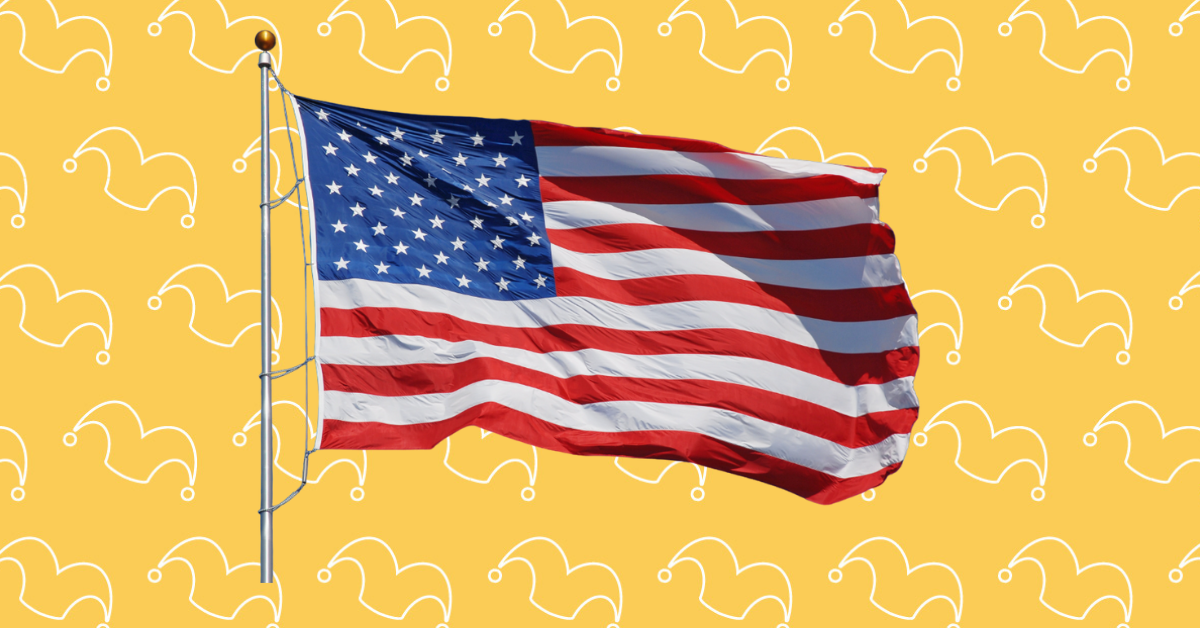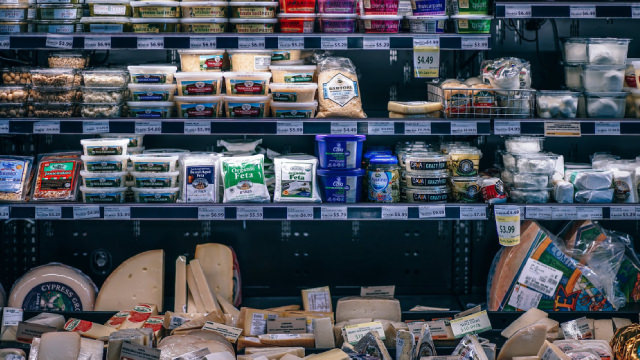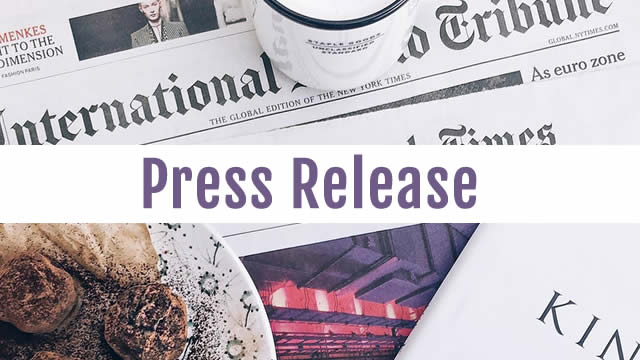Preparing Your Finances for Potential Tariff-Induced Inflation: Four Smart Moves
New tariffs are making headlines, and while the exact impact on consumers is uncertain, one thing is clear: Now is the time to fortify your financial position. Here are four strategies to help you stay ahead of potential price hikes:
1. Beef up your emergency fund
An inflation spike brought on by tariffs would mean higher costs for essentials. Building up your emergency fund can provide a safety net, especially if you’re already feeling stretched. Aim for three to six months’ worth of expenses, but consider saving more if tariffs lead to rising costs. Here are some high-yield savings account options:
-
American Express® High Yield Savings
APY: 3.70%
-
CIT Platinum Savings
APY: 4.10% (for balances of $5,000 or more)
-
Capital One 360 Performance Savings
APY: 3.70%
2. Pay off high-interest debt
If tariffs push prices higher, the Federal Reserve might respond by raising interest rates again. This could make carrying high-interest debt even more expensive. Consider consolidating debt with a balance transfer credit card or a personal loan with a lower fixed rate. The less debt you carry, the better.
3. Invest wisely
Tariffs and trade wars can cause market volatility. Instead of making drastic moves, consider diversifying your investments by investing in index funds, ETFs, or certificates of deposit (CDs). CDs offer a guaranteed return but require you to keep your savings locked in for the term. The best CD rates currently exceed 4.00%, and they may become even more attractive if tariffs cause rates to rise.
4. Lock in big purchases now
If you’ve been considering a major purchase, consider making it sooner rather than later. Tariffs could drive up costs on imported materials, making big-ticket items more expensive. However, don’t rush into a purchase just for the sake of it. Locking in today’s prices on essentials can save you money in the long run.
How Tariffs Could Impact Your Wallet
According to various reports and financial analysts, the following are potential consequences of the new tariffs on consumers:
-
Higher prices: Tariffs could lead to increased production costs, which could be passed on to consumers in the form of higher prices for goods and services.
-
Reduced availability: Some goods may become harder to find as companies look for alternative suppliers or experience delays in their supply chains.
-
Currency fluctuations: Tariffs could cause currency fluctuations, making imported goods more expensive for consumers.
Global Impact of Tariffs
The consequences of tariffs extend beyond individual consumers. Here’s how tariffs could impact the world:
-
Trade disputes: Tariffs can lead to trade disputes between countries, potentially damaging diplomatic relations and global trade.
-
Economic instability: Tariffs can cause economic instability by disrupting global supply chains and potentially leading to a trade war.
-
Consumer confidence: Tariffs could negatively impact consumer confidence, potentially leading to decreased spending and a slowing economy.
Staying Financially Strong Amidst Economic Uncertainty
Tariffs or not, smart money habits never go out of style. By strengthening your emergency fund, tackling debt, making wise investments, and locking in big purchases before prices rise, you can navigate any economic uncertainty ahead.
Remember, it’s essential to stay informed and make informed decisions about your financial future. If you’re unsure about your options or need guidance, consider consulting a financial advisor. Together, we can help you build a strong financial foundation that can weather any storm.





